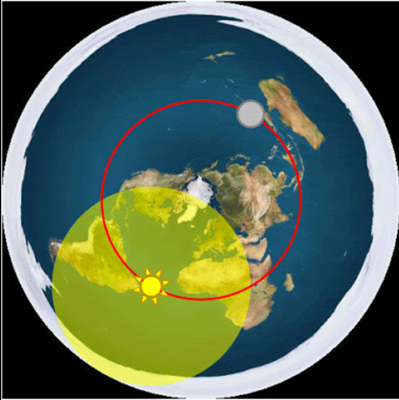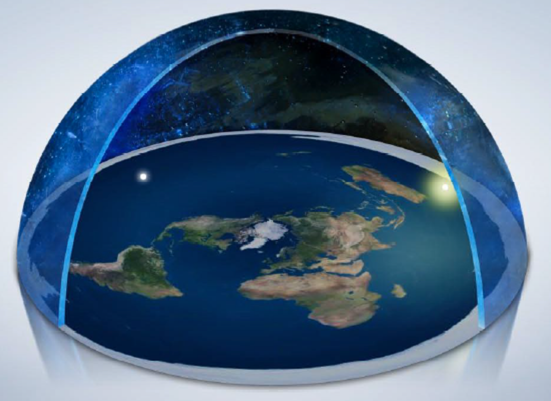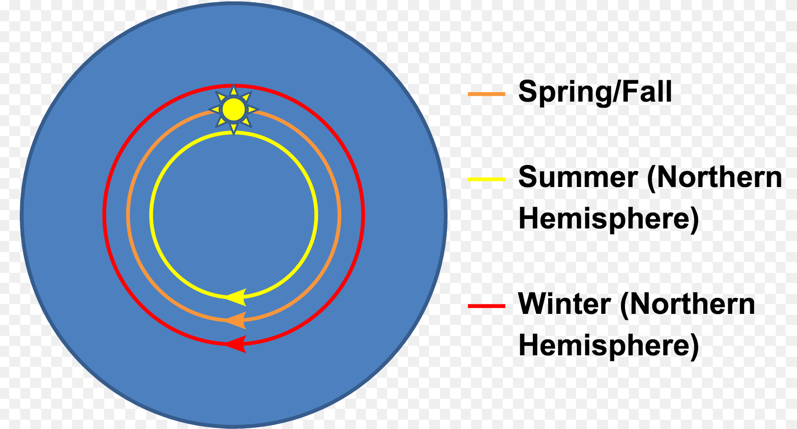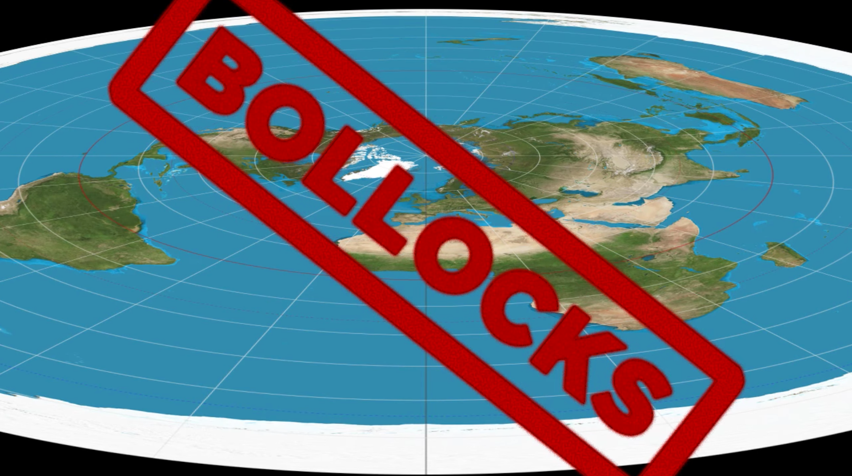Flat Earth NOT - The flat Earth assertion that GPS technology does not use space based satellites, but only land based transmission towers, suffers another blow as China is soon to complete their own GPS system
The flat Earth assertion that GPS technology does not use space based satellites, but only land based transmission towers, suffers another blow as China is soon to complete their own GPS system
53 satellites already launched, with the final 2 slated for June 2020.
Attention flat Earthers. Ask the Chinese if their satellites are fake, and if Free Masons dominate their government. Prepare to get laughed at.
China decouples from US in space with 2020 'GPS' completion, by Shunsuke Tabeta, Nikkei staff writer.
70% of Chinese smartphones now compatible with Beidou
https://asia.nikkei.com/Business/China-tech/China-decouples-from-US-in-space-with-2020-GPS-completion
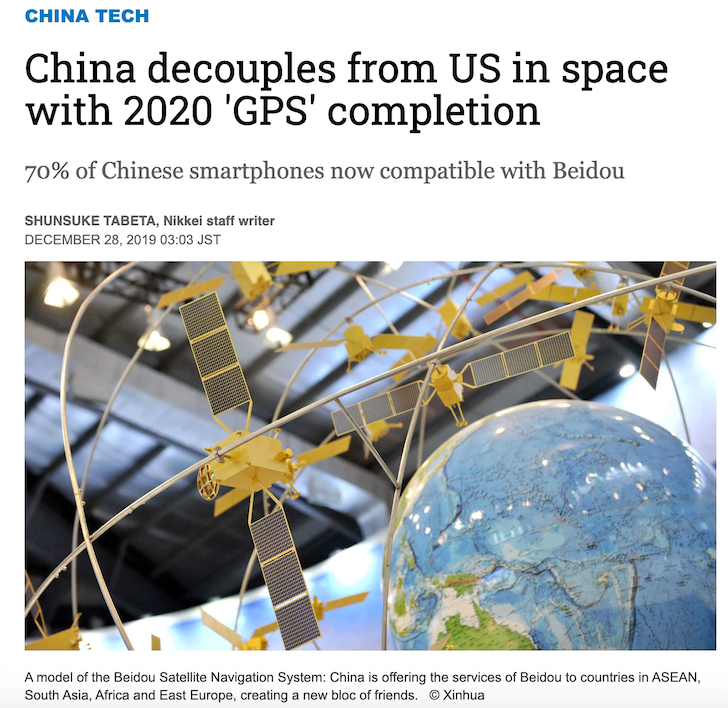
- - -
Russia and the European Union currently have partially functional GPS systems of their own.
Space: GPS Competitors Come Online, by Strategy Page
https://www.strategypage.com/htmw/htspace/articles/20200108.aspx
The success of the original GPS satellite navigation system has generated all this competition. But so far these other efforts have found the work much more difficult than expected. A European consortium went forward with Galileo despite growing costs and technical problems. Initially, Galileo was to be funded with private money. But the costs climbed beyond the most optimistic estimates of future income, so now Galileo is being paid for with tax dollars, as was GPS and the competing Russian and Chinese systems.
Four of the European Union (EU) Galileo navigation satellites system went live in 2016 but the full complement of 30 satellites (24 active and six spares) will not be complete until 2020. Meanwhile there have been some technical problems. Galileo first became operational during 2012. The plan was to have all 30 Galileo satellites operational by 2019 and apparently that will only be a year late.
Galileo came about because the Europeans didn't like being dependent on an American system and didn't believe the Russians would be able to keep their GLONASS system viable. Galileo became operational because the European nations were willing to pay for a system that anyone could use without charge. Dual signal (GPS and Galileo) receivers won't cost much more (maybe 20 percent more) than GPS receivers do. Having two separate sets of signals makes for more reliable and accurate receivers. Also, the way Galileo is being set up, it will provide improved reliability in higher latitudes and in built up areas.
Russia's answer to GPS, GLONASS, was at full strength (24 satellites) in 1996, shortly after the Cold War ended. But the end of the Cold War in 1991 meant the end of the regular financing for GLONASS. Maintaining the system required launching replacement satellites every 5-7 years. By the end of 2002, only seven GLONASS birds were still operational. However, the Russian economy recovered and provided funds for a series of launches in 2003 that increased the number of active satellites to twelve. That went to 18 by the end of 2007 and Russia had 24 GLONASS satellites in orbit by 2011 with the system fully operational by 2012. As a result GLONASS was the first real competitor for GPS. However, GLONASS was not completely functional until 2016 because of delays in building all the ground control stations.
- -
Published on – February 27, 2020
Discussion at - https://www.youtube.com/channel/UC7ipUKERU0tzYFxALJBli4A/discussion
Our home page all articles - http://flatearthlunacy.com
kind regards, JonahTheScientist



